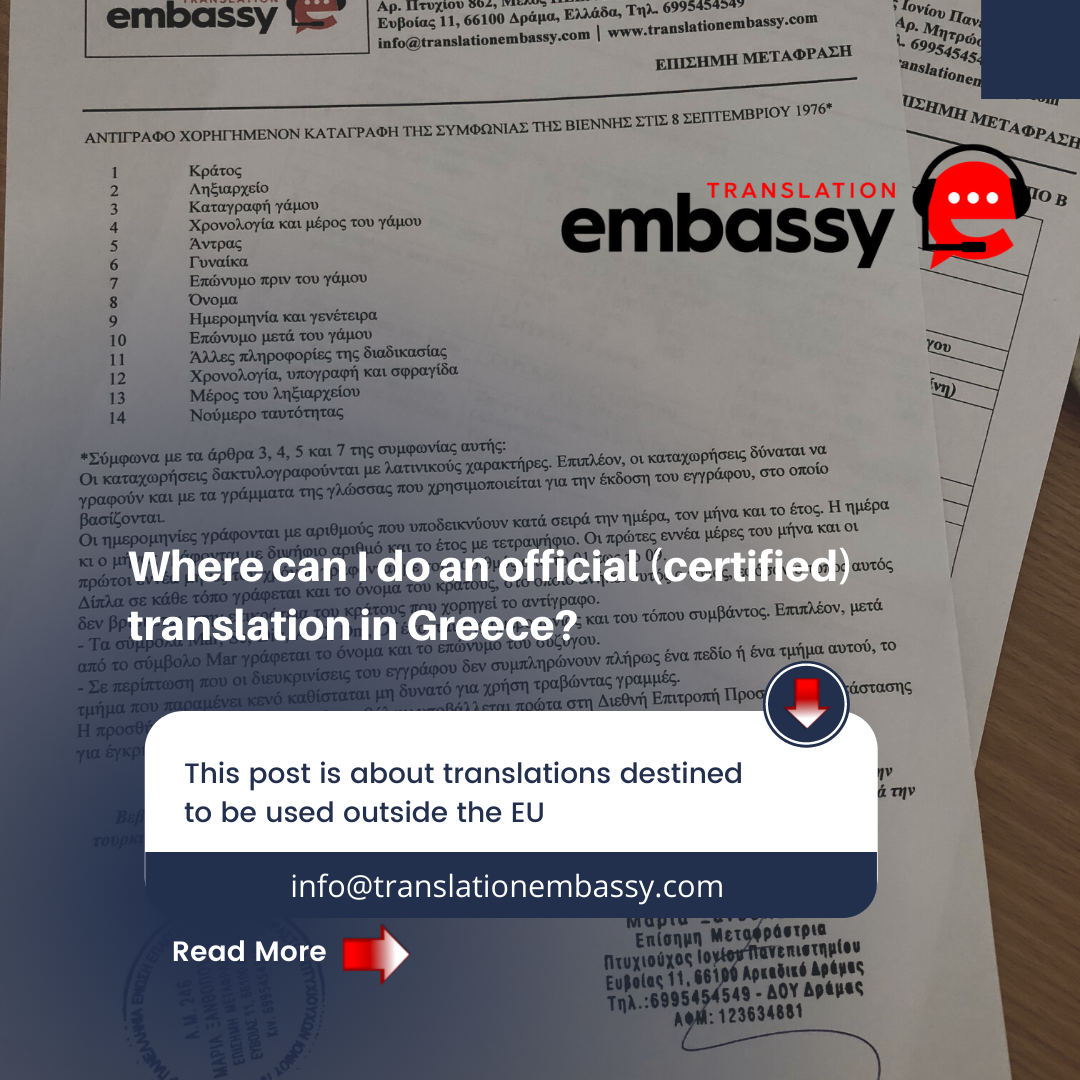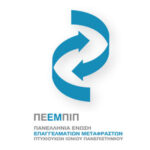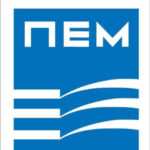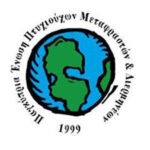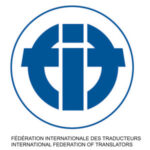(This post is about translations destined to be used outside the EU)
In previous posts we explained what you should do when you need to submit official translations in Greece and other EU member states. Now, what happens when you need to present the translations to third countries outside the EU? How can you be sure that your documents will be valid there?
The status and cross-border validity of certified translations depends, unfortunately, on a number of bureaucratic rules which may make your life difficult. As professional translators, we always strive to ensure the customer’s success, therefore we try to clarify things in the best possible way, so that you can minimize the possibility of trouble.
The problem with third countries is that each one of them has its own legislation about official translations and they are not necessarily bound by EU rules. So, to be safe, what you need to do is clarify each time with the authority in charge whether they accept certified translations from other states or not.
From my experience I can say that quite often these authorities tend to accept what is officially recognised in a foreign country, especially for languages like Greek, which are not so common abroad and it would be difficult to find a Greek speaking official-professional translator locally in that place. So, in case of a positive answer you should refer to the national framework governing the status of certified translations in your country of residence and act accordingly. For the relevant legislation about official translations in Greece you can refer to previous posts.
In many cases foreign authorities accept also official translations from other countries, provided the translator presents suitable certifications, namely a translation university diploma and membership to professional associations. Indication of such certifications is mentioned on the translation paper itself and, where necessary, the translator provides copies of their diploma and member certificate as well.
In general, the advice I can give you is always clarify with the relevant authority first. Ask them for guidelines and then address the right professional based on that.
Translation Embassy provides official translations in cooperation with Graduate Translators of the Ionian University and lawyers. We support businesses of every branch in their transactions with Greek and foreign public authorities and help them overcome bureaucratic obstacles. Our team has vast experience with authorities both inside and outside the EU and can point you to the right direction in order to safeguard your success.
To request our services get in touch at info@translationembassy.com and ask for a free consultation and quote.
This post is basically focused on businesses. However, we should also highlight that the same rules apply also for citizens and digital nomads.

